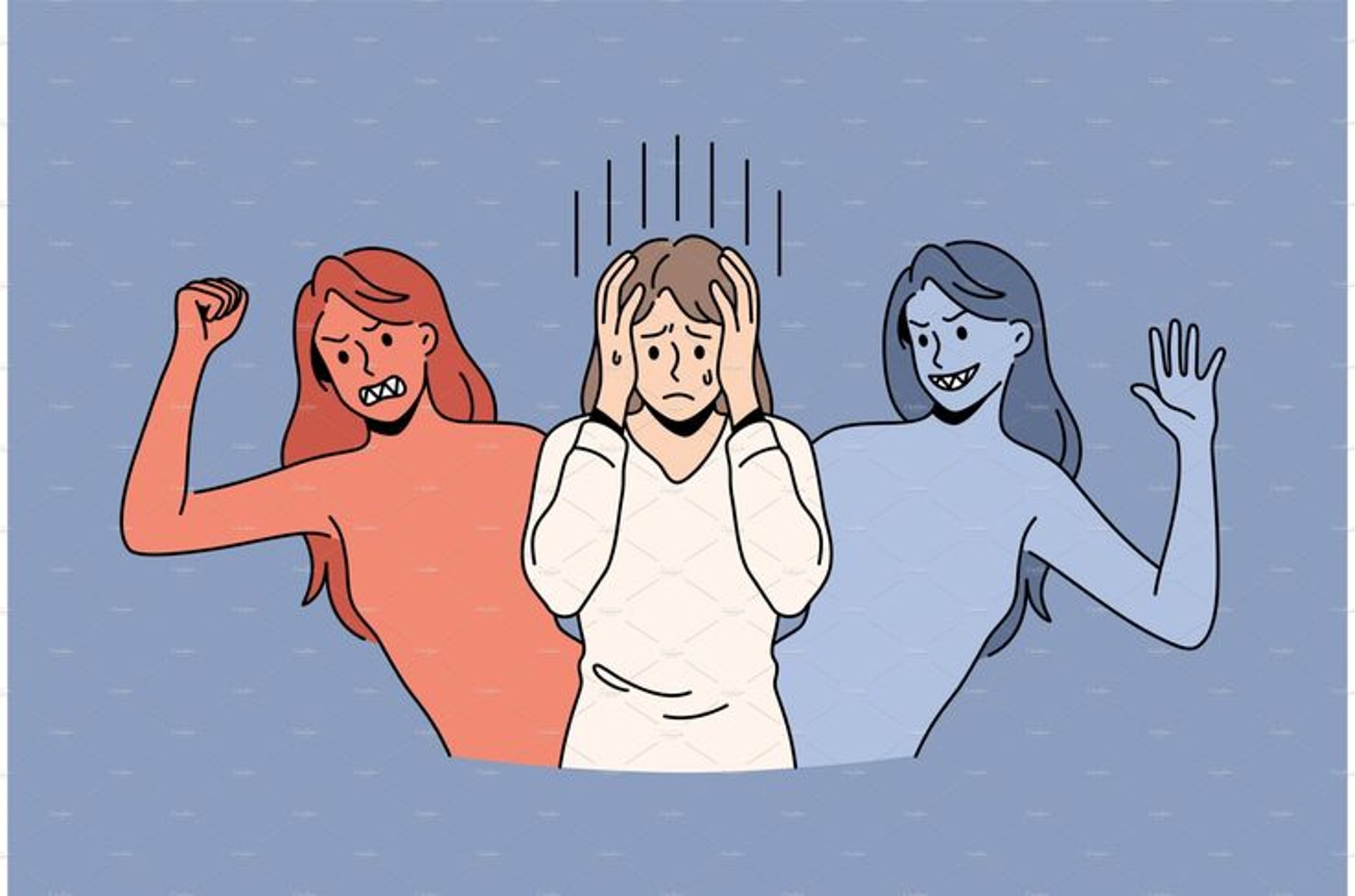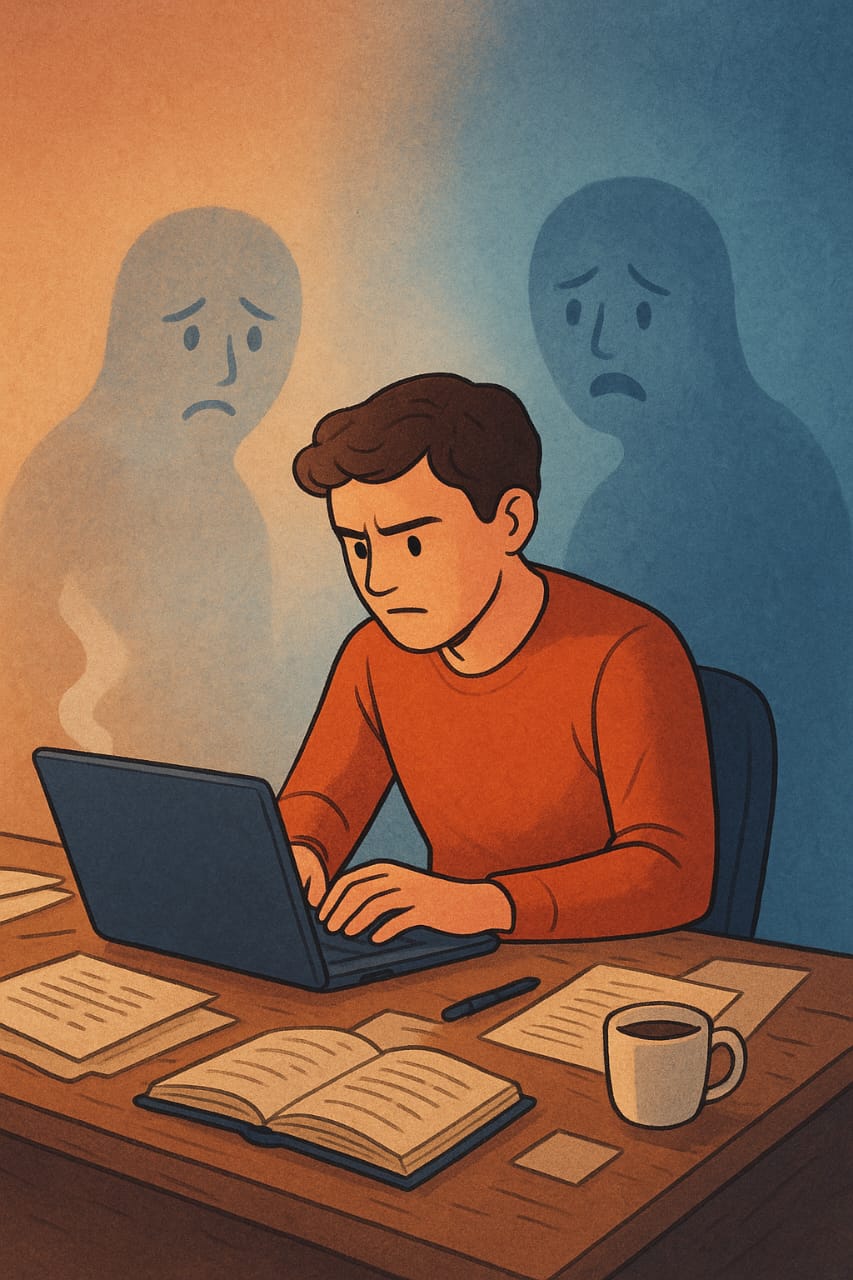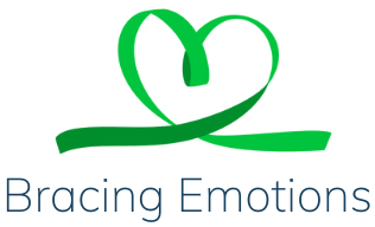
Am I really being productive or am I avoiding my emotions?
Are you truly being productive — or just running from your feelings? We all love ticking off tasks and calling it “hustle,” but what if your busyness is actually a way to avoid sadness, guilt, or fear?
Swamini Harshe
10/11/20255 min read


Am I really being productive or am I avoiding my emotions?
Here’s a scenario for you to imagine: you’re studying in college (your year or stream doesn’t really matter). There’s one particular teacher whose lectures bore the life out of you! (We’ve all got one of such a kind!) So naturally, you started skipping out the lectures. Now, it’s been two weeks since you haven’t attended their lecture and one fine day, as you are wandering about campus with your friends, you suddenly see the devil – the teacher who hasn’t seen you in class in the last two weeks! What will be your first instinct to do? You will immediately turn your back to them, nudge your friends to do the same, change your route and vanish into thin air as soon as possible! We all have done this at least once, haven’t we?
Now, after imagining this, I want you bring yourself back to present and think about what exactly happened and why it happened. Let’s go over it again – you bunked a few classes, ran into the teacher and thus, avoided meeting them. Why did you avoid it? Because the meeting would have been awkward and unpleasant, right? Sometimes we do this in case of handling our emotions as well. Unpleasant emotions like sadness, guilt, anxiety, fear, anger can be hard to face and while not advisable, it is normal to want to avoid them. Not to mention, we all do it sometimes. However, in an attempt to escape these “difficult emotions” people can go to surprising lengths and that’s when it becomes a problem.
In simple terms, Emotional Avoidance is anything you do to make an emotion go away or become less intense. We perceive the emotion (and the physical feelings that come with it) as a threat. Hence, the survival instincts kick in and people take deliberate effort to make the threat aka the unpleasant emotion go away.
Also, a child who was not encouraged to express emotions, who did not have model of emotional management growing up is likely to develop emotional avoidance as a trait in adulthood. Emotional avoidance is a trauma response in which case, a person tries to avoid the emotions that trigger his trauma.
As mentioned previously, it is only human to avoid unpleasant emotions but when it starts affecting your daily tasks and turns into a recurring problematic issue then it is clinically defined as emotional avoidance. What seems like a coping mechanism gives only short term relief and creates rather more problems in future.
But how to find out whether your emotional avoidance is normal or problematic? Every individual is different but there are a few general signs of identifying chronic emotional avoidance:
• You believe negative emotions are something bad, weak, or embarrassing
• You believe that you never struggle with negative emotions and describe yourself as feeling ‘fine.’
• You find it difficult to recognize and admit that things in your life are harming you.
• You find yourself at times erupting because of built-up emotions.
• You focus more on your physical wellbeing.
• You put on a positive front in front of others and do not express negative emotions.
• You get along well with people but struggle with emotional intimacy and close friendships.
• You feel uncomfortable with and struggle to tolerate people who are emotional and express negativity, and you try to shift focus to the positive.
Emotional avoidance impacts both, your physical and mental health. Here are the effects of chronic emotional avoidance:
· Increased Emotional Intensity
· Impaired Emotional Regulation
· Interpersonal Issues
· Negative Impact on Mental Health
Physical consequences of emotional avoidance include:
· Chronic Stress
· Headaches and Muscle
· Digestive Discomfort
· Fatigue
· Weakened Immune System
· Skin Disorders
· Sleep Problems
There are many tactics people apply in a desperate attempt to avoid emotions – from a harmless strategy of avoiding a person or a place to dangerous measures such as use of substances. In between these strategies, there lies one rather popular – distraction via work or in words of influencers, “being productive”. In this way, the primary goal of avoiding emotions is achieved, moreover, it has a promising by-product i.e. getting a task done. In turn, it makes you feel good for putting your time to good use.
That is why when encountered with unpleasant emotions, many people tend to immerse themselves in work to escape or avoid the emotions. Now, there is nothing wrong with wanting to be on top of your work but intention plays a key role here. Here are a few essential questions which will help you to understand this better:
• What do you do when feeling an unpleasant emotion?
• Do you find yourself switching focus immediately to work after experiencing an unpleasant emotion?
• Does your mind instantly jump to an activity which will distract you from the unpleasant emotion?
• Do you work late frequently when there is something emotionally triggering outside of work?
• Do you “look for” a task to distract yourself from some event or experience?
• Do you try to remain hyperactive instead of expressing emotions?
You can check the rate of your emotional avoidance with these questions. It is natural if you occasionally choose to not address the emotions on the spot. For example, you can go for a walk after having fight with a family member. This walk will rather help you to calm your mind. But during the walk, if you just distract yourself with music and come back without any intention to address your anger then it is problematic. If you keep telling yourself that ‘I am taking this walk for my physical health, I am making a good use of time instead clinging onto my emotions’ then it may bear bad results. Eventually, the anger, the emotions you avoided (and have repressed) will rear their head back and usually at the most unsuitable of times!
Up until now, we have taken a deep dive into emotional avoidance and it must be evident that the practice is natural to small extent but is extremely unhealthy if it turns into a coping cycle. This conclusion leads to the topic of handling emotional avoidance. There are better ways of managing emotions than avoiding them and thereby preventing a mental breakdown. Given below are some practices to handle emotional avoidance:
• Recognize your emotions: Observe what makes you itchy or uncomfortable. Learn its association with your experience.
• Acknowledge your emotions: Dismissing emotions is a tendency to avoid them. Instead, be mindful and acknowledge what exactly you are feeling at the moment.
• Spot the triggers: Observe and take a note of what triggers you emotionally. It could be anything – a person, place, phrase, memory. Understand the backstory of the trigger and why it bothers you.
• Sitting with your emotions: After acknowledging an emption, allow yourself to feel it. It will not be comfortable and easy but it is healthy.
• Express your emotions: Expression is healthier than avoidance. However, make sure that you are expressing emotions in a healthy way which doesn’t cause pain either to yourself or to others.
• Journaling: Writing down how you feel is an effective way of regulating emotions. You can identify and address your emotions in your own safe space.
• Seeking support: Do not be ashamed to seek help from family or friends. Let them know if you are distressed. Pouring your heart out reduces stress levels.
• Self-compassion: Validate your emotions by treating yourself kindly and do not be harsh on yourself with self-criticism.
By following these practices you can develop healthy emotional well-being instead of getting buried in work and risking an emotional breakdown of piled up emotions!
Let’s not forget that seeking professional help is always a welcoming alternative. Cognitive Behavioral Therapy (CBT) and Acceptance and Commitment Therapy (ACT) can help with emotional avoidance.
I conclude this blog with a hope that each one you of manages emotions effectively and observes healthy productivity!
Connect
Join our community for mental health discussions.
Support
© 2024. All rights reserved.

